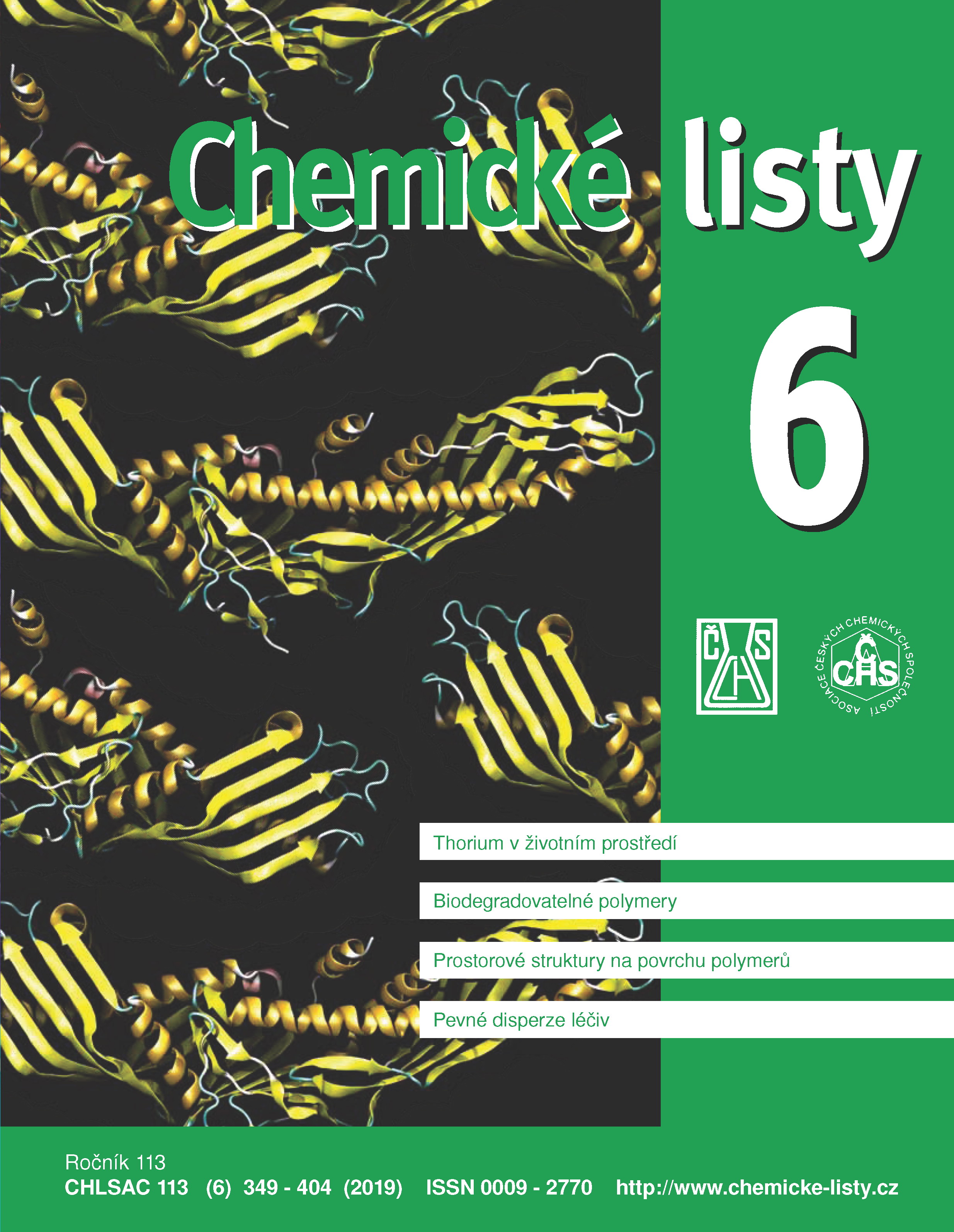Pevné disperze málo rozpustných léčiv
Klíčová slova:
krystalické/amorfní pevné disperze, tuhý roztok, pevná suspenze, málo rozpustné léčivé látky, nosičem/léčivem řízená disoluce, tavení, odpařování rozpouštědlaAbstrakt
There has been a great interest in solid dispersions since 60's because it is one of the most promising methods to increase the low bioavailability of poorly water soluble drugs. Numerous studies on solid dispersions have been published, showing advantages of these materials. The main benefits of solid dispersions for low soluble drugs lie in the possibility to reduce the particle size, even to molecular level, to enhance wettability and porosity, as well as to change the drug crystalline state, preferably into amorphous state. Despite high research interests, the number of marketed products with solid dispersion is surprisingly low. The aim of this review is to provide basic information for better understanding of solid dispersions. The article contains definitions and characterization of the various system including four generations of solid dispersions, description of preparation methods and mechanisms of drug dissolution.





